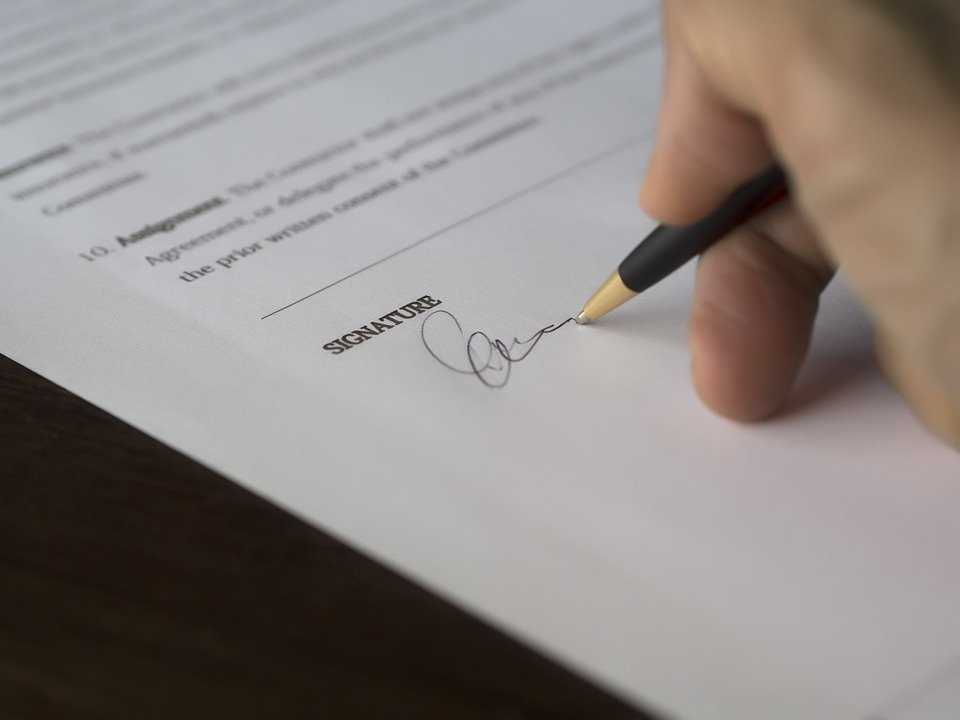
When appealing a VA decision, Veterans can be confused by the unfamiliar jargon the VA uses. We often hear from Veterans who do not understand what exactly the VA needs from them. Veterans will call us asking a variety of different questions. A question we get quite often, however, is, “what is a motion for reconsideration?” A motion for reconsideration can have serious implications on any Veteran’s claim for disability benefits.
A Motion for Reconsideration (MFR) is a method of showing disagreement with a Board of Veteran’s Appeals (BVA or Board) decision, asking for the Board to reconsider its previous decision. However, this infrequently comes back favorable for the Veteran. This is asking the Board, who made the initial denial, to “question itself,” which does not often end up rewarding the Veteran. Additionally, it can take time for Board to decide whether it even wants to grant a MFR. Some Veteran Service Officers (VSO’s) tell Veterans that this is something to “try” at the VA level of decisions as it “may be faster.” This is not the best advice to follow: if you do, you must do so in a way that “preserves” your appellate rights. If you let your appeals window of 1 year after a VA decision lapse because you just filed an MFR (and not a formal appeal), then your effective date will be reset to your MFR filing date and it will be treated as a request to “reopen” or simply a “new claim.”
A motion for reconsideration request can be filed after a Board decision has been made. There are time constraints on when these can be filed. Normally, you would have 120 days to file an appeal of a Board decision in order to get the CAVC to hear your case. If you file an MFR after a Board decision, the 120 days are “tolled,” meaning that until the Board determines whether it wants to grant the MFR or not, your 120-day time limit on filing an appeal with the CAVC is kind of “held in limbo” until the Board makes a decision. Once the Board makes a decision, you then have the 120-day clock start running. Please note: the 120-day clock starts running when the Board sends you notice of a decision, not necessarily when you actually receive your notification.
CAUTION: if you decide to file a motion for reconsideration after the 120 day “window” for appealing the Board decision or you attempt to appeal the Board decision to the CAVC after the 120 day “window,” your MFR and appeal will be denied as the Board decision became “final,” meaning that you no longer have appellate rights about those issues. The only course of action at that point is to provide new and material evidence to reopen your claim.
This is a good question, and, like most legal answers, it depends. Your individual case and the specifics surrounding the facts, evidence, where you are in the entire appeals process, and time all come into play. Statistics currently do not favor utilizing this method, but things may change over time. Some people “want to try it” because they (as we all know) have been waiting way too long already, fighting the VA for decades at times. Whether you utilize this process or not can be confusing and just because one person happened to “win,” it does not mean that another person will also, even if the situation is similar. There are so many differences in situations, Veteran’s factual histories, and Board decisions that one person winning a motion for reconsideration does not automatically mean that another person will too. If you choose to take this path, please make sure that you are informing yourself about the benefits and risks of doing so. Do not let someone else’s success determine whether you will attempt something that may put your appellate rights at risk. You earned these benefits, do not needlessly put them at risk unless you know what you are doing.
At Berry Law, we are committed to helping fellow Veterans receive the VA compensation they are entitled to. Our firm has experience fighting the VA for benefits, and we have the firepower to secure the compensation you deserve. If you or somebody you know is contemplating filing a motion for reconsideration, you should understand that your decision could have serious implications on the appeals process. Contact Berry Law’s VA Appeals Attorneys today at 888-883-2483 to schedule a free, confidential consultation of about your claim.
Our monthly newsletter features about important and up-to-date veterans' law news, keeping you informed about the changes that matter.